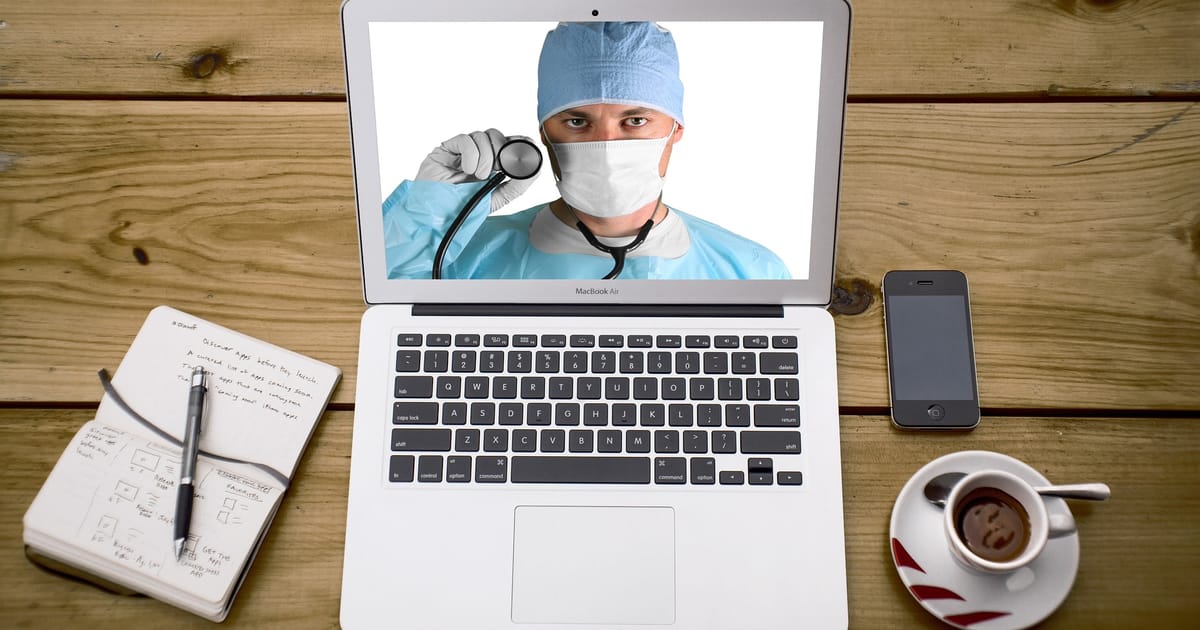
Doctors warn that taking health advice from chat apps is not always a good idea
Earache, rash or chronic back pain. Thousands of Czechs go online every day to find out what’s wrong with them, seek reassurance from those who have experienced similar symptoms and get advice on what they can get for it at their local chemists.
A recent survey suggests that 95 percent of Czechs have gone on the internet for medical advice for themselves or close family members and 52 percent of people regularly consult health issues online.
Most often they turn to the internet because of unusual symptoms they have noticed -and close to half of the respondents polled said they check online whether they need to see a doctor if they are having difficulties. According to the survey, people under 30, residents of larger cities and women are more likely to seek advice online.
General practitioners, who due to excessive bureaucracy have little time to spare to talk to patients, are not entirely happy with the trend. They say that while internet information can help people avoid unnecessary visits for minor (or nonexistent) conditions, the risks of self-diagnosis are considerable and people with a serious problem could lose valuable time with self-treatment.
GP Cyril Mucha says that people should think carefully about the source of the information they are getting.
“Telemedicine is gradually becoming part of our lives and it will be increasingly common to consult health issues online with our doctor or pharmacist. However there are also various chat apps where you get advice from anyone who considers themselves competent and that may not always be good.”
According to Mucha, commercial websites that promote health products they are trying to sell can be highly problematic. They often promise miracle cures and while these may be harmless in themselves, people with a health condition that requires treatment could be wasting valuable time self-curing. He says people should seek health information from reliable medical sources and that online advice should only be a starting point to “point the person in the right direction” –primarily their GP’s office.
Doctors also warn that sensitive personal data should not be shared on social media. They advise people searching for information on various forums, chat aps or AI to do it anonymously and to secure their internet accounts, including their e-mail, so that communication with their doctors remains private and cannot be abused.
Cyril Mucha says that if this advice is observed and online health sites are used prudently they can improve Czechs’ health literacy.
“Unfortunately, health literacy in our country is much lower than in Western Europe. I don’t know if this is still due to the fact that under communism the health care system used to work in such a way that the doctor knew best and you were supposed to do as you were told and not ask questions. So if we can increase health literacy through the Internet, it could also help the health sector”.
No Byline Policy
Editorial Guidelines
Corrections Policy
Source


